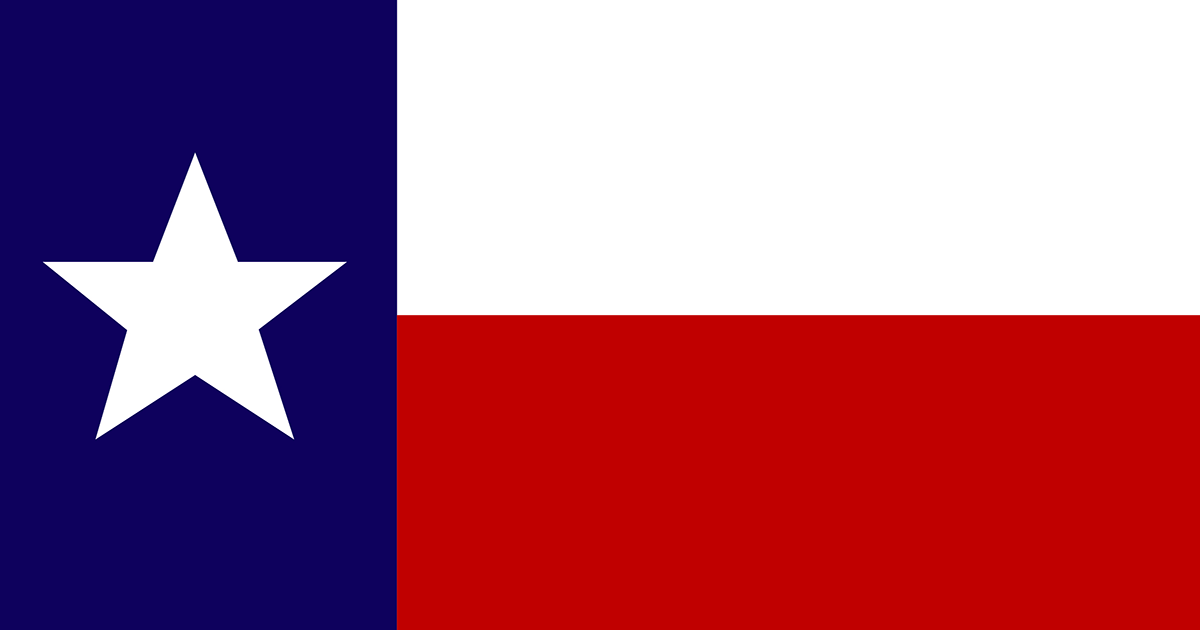
*Massachusetts has a points system that differs from other states in that it is only used for insurance purposes.
#How many points are on my license texas drivers#
Because points systems vary by state, the number of points you need for your license to be suspended will depend on where you live.ġ2 for drivers over age 18, 7 for drivers under age 18ħ0 for drivers under age 21, 200 for drivers over age 21 As long as you take time to prepare before the court date, you have a chance of reducing the judgment, and that can reduce the points on your license.Īccumulating driver’s license points can result in higher fines and even license suspension. You can also argue to reduce your guilt or that the financial burden of paying higher car insurance rates in the future would be too great of a strain on your family. If you committed a minor offense, you may get it dropped if you simply show up to court and the officer doesn't. You would receive fewer points or no points on your license depending on the outcome. If you win the hearing or negotiate for leniency, you may have the infraction dropped or downgraded. If you don't contest the ticket, or if you do contest and lose the hearing, the infraction will be recorded on your driving record and you'll get the points on your license. You may do this if you believe the police officer was wrong and you have evidence to back that up. You then have a window of a few weeks (depending on the state) to pay the fine or appeal the ticket and request a contested hearing. Causing injury or property damage and fleeing the scene of an accidentĭepending on the number of points on your license, you could lose driving privileges. When you get pulled over, you'll be issued a ticket by a law enforcement officer.Other examples of traffic tickets and moving violations include: California, on the other hand, only adds points to your license if you drive over 100 mph. In New York, driving 11 to 20 miles per hour over the speed limit will earn you 4 points, driving 31 to 40 mph over will earn you 8 points, and driving more than 40 mph over the speed limit will earn you a whopping 11 points. The further above the speed limit you drive, the more driver’s license points you’re likely to get. In many states, speeding tickets add points to your license. Usually the more serious the infraction, the more points you incur. Violating any traffic law can add DMV points to your license. These points are removed after a certain period of time or after taking a state-certified points reduction course. Points are added to your record when you are caught breaking traffic laws.

States that have points programs use driver’s license points to track behavior.

Every state keeps track of driving records, but some have a less systematized method of punishing repeat traffic offenders. Though these states don’t have points programs, they do penalize drivers who frequently receive traffic violations. The following states don’t have a system for driver’s license points: While most states employ a driving points system, some don’t.

Most states have some kind of traffic violation points system, which is designed to incentivize good driving by giving negative points on licenses of bad drivers.


 0 kommentar(er)
0 kommentar(er)
